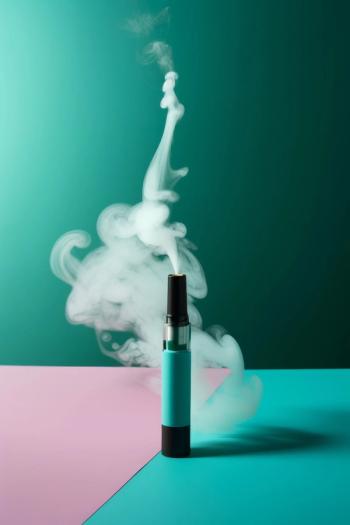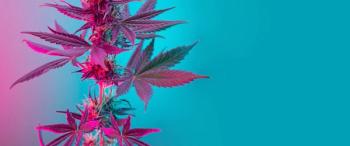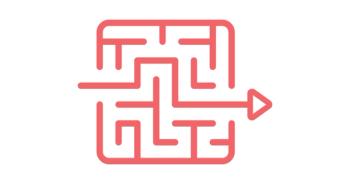
Nearly a Dozen Countries in Europe Regulate New Semi-Synthetic Cannabinoid
Within the next few weeks, France will become the latest country to ban the substance hexahydrocannabinol (HHC).
Amid growing international regulation or banning of the substance hexahydrocannabinol (HHC), France declared that within the coming weeks it will join several other European countries in banning the semi-synthetic psychoactive substance (1). HHC has been monitored as a new psychoactive substance (NPS) since October 2022 and around 50 seizures of the substance have been reported in the European Union (1).
In April 2023, the European Monitoring Centre for Drugs and Drug Addiction (EMCDDA) released an overview of the information known about HHC while also intending to raise awareness about the rapidly spreading market for products containing HHC (2). According to this report, HHC was first described in scientific literature in the 1940s, but was first identified in Europe one year ago and little is known about the risks of using the substance (2). “HHC is sold openly as a replacement to cannabis and THC products in a range of highly attractive branded and unbranded products,” part of the overview read (2).
“HHC appears to have first been sold in the US in around September 2021,” the EMCDDA report also stated. “The arrival on the US drug market of HHC and other SSCs [semi-synthetic cannabinoids] seems to be linked to legislative changes [the 2018 Farm Bill] there,” (2). Products include hemp sprayed or mixed with HHC, vapes, and edibles (3).
The substance is synthesized from hemp-derived cannabidiol (CBD), with delta-8 THC as an immediate precursor to HHC (1,2).
Other countries that have taken action to control HHC are the Czech Republic, Iceland, Estonia, Austria, Switzerland, Poland, Sweden, Bulgaria, Denmark, and Finland (1,3).
References
Newsletter
Unlock the latest breakthroughs in cannabis science—subscribe now to get expert insights, research, and industry updates delivered to your inbox.




